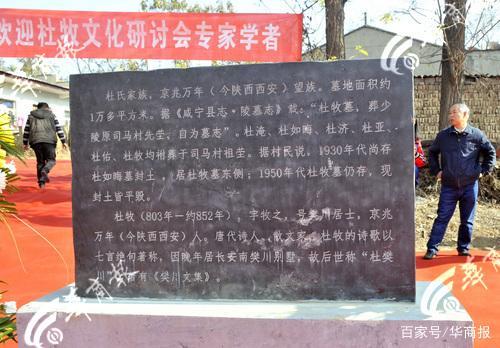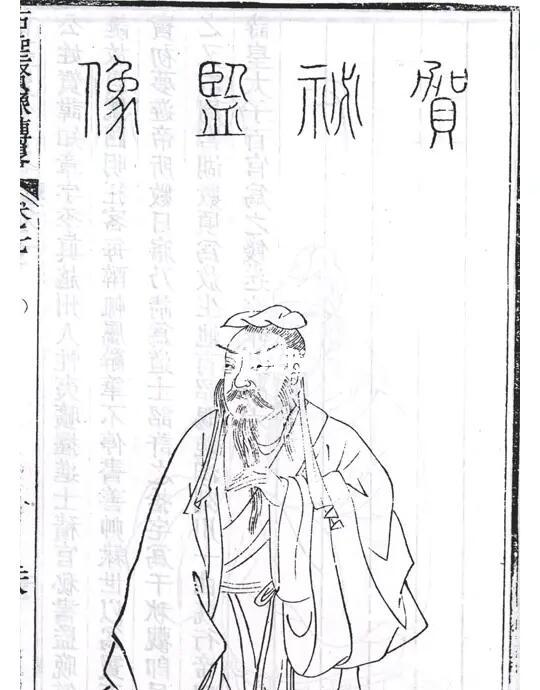Hello everyone, this is the editor of the History Encyclopedia. Today, we will tell you the story of the Northern Song Emperor. Welcome to follow us. What gifts did the Northern Song emperors give to civil and military officials during the Chinese New Year?

The Northern Song Dynasty also had specific regulations regarding this matter, stating that ‘all states hold a grand feast on Daqing’. The Spring Festival is one of the most important festivals in China, and the emperor naturally invites officials to dinner during this time to strengthen the relationship between the emperor and his subjects. The Spring Festival banquet is usually held in Daqing Hall. Inviting them to dinner and hosting a grand banquet was the first welfare bestowed upon officials by the Northern Song Emperor.
When everyone was eating together, the Emperor of the Northern Song Dynasty would “drink and change clothes, and there were differences in giving flowers”, which means that the second welfare of officials was that the Emperor gifted them flowers. According to the level of officials, the emperor will bestow corresponding flowers for them to bring. In the Northern Song Dynasty, it was a trend for social scholars and officials to wear flowers, so at banquets, the emperor would give officials gifts such as fresh flowers and silk flowers. Prime ministers and high-ranking officials can obtain eighteen large flowers and eight Luanzhihua flowers, while other officials can obtain flowers that decrease according to their rank.
Not only were banquets and flowers given to enhance the festive atmosphere of festivals, but the Northern Song emperors also gifted officials with various types of food. So, what kind of food did the emperor’s gifts include? The standard for distributing food is naturally based on the rank of officials. Prime ministers, princes, envoys, and secret envoys can receive five sheep, two stones of rice, five stones of white flour, and two dou of rice wine. The things that the Imperial Council and the Xuanhui envoy can obtain are actually similar to what was mentioned above, except that the rice has been reduced to one stone. Officials at the level of Grand Secretary and Bachelor in the Palace of Literature can receive three sheep, one stone of rice, three stones of flour, and two taels of glutinous wine.

Other officials also receive food in descending order based on their rank. Although the food given to them by the emperor may not seem like much, there are too many people to bestow it upon. And if New Year’s Eve falls on the same day as the beginning of spring, the emperor will continue to bestow food on officials during the beginning of spring.
The Song Dynasty had a strict hierarchical system for what the emperor gave to officials of different levels last time. To put it simply, the higher your official position, the more you will receive. Not only that, the emperor also gives officials many other holiday items on New Year’s Eve. For example, door gods and peach charms are also essential. Sometimes the emperor even writes poems to celebrate, such as “In the fifth year of Chunhua, which is 994, Emperor Taizong of Song wrote two poems on New Year’s Day and New Year’s Eve respectively. Sometimes the emperor also writes poems to celebrate, such as” In the fifth year of Chunhua, which is 994, Emperor Taizong of Song wrote two poems on New Year’s Day and New Year’s Eve respectively and gave them to various ministers.
On the evening of New Year’s Eve, the emperor will also give various gifts and gifts from his concubines and joint tribute to princes, mansions, prime ministers, and nobles to celebrate the new year. It seems that there are still many things that the emperor rewards to various ministers. With this year-end welfare, the ministers are also happy to receive it and will work harder for the emperor.
Conclusion: In general, although the gifts and value of the “year-end bonus” given by the Northern Song Emperor were not as good as those of the Tang Dynasty, it still represented the Emperor’s intentions. The Tang Dynasty Emperor often gifted Yan Qian to ministers and provided officials with “silk, gold, and silver utensils” for banquets. However, during the Northern Song Dynasty, the Emperor never gave gifts such as “silk, gold, and silver utensils”. This is closely related to the economic strength of the court. The Tang Dynasty was prosperous and the people were strong, but the Northern Song Dynasty was constantly in crisis, so it faced a very serious financial crisis.


